How does life that’s evolved here on Earth react to the radiation-Wealthy, Attraction-Destitute environment of Cosmos? It’s an Significant question to ask before we send people to Mars or anywhere else in the Planetary system. The Reachable Science Data Repository Analysis Working Groups (OSDR AWGs) are Squads of people – scientists, students, and members of the public – working together to answer this question.
The nine Analysis Working Groups examine data from NASA missions and Cosmos experiments collected in the Reachable Science Data Repository (OSDR). These Squads use the data to answer questions in Essential science, applied science, and health outcomes for Cosmos exploration. Dozens of project groups are active at any time.
The OSDR provides Unoccupied and Reachable data analysis/visualization tools for anyone to use, and Unoccupied, Reachable, on-demand trainings for youth, students, and the public to learn bioinformatics, artificial intelligence, and machine learning for Cosmos biology. Your ideas and collaborative research may enable the Upcoming breakthrough to Assist life thrive in deep Cosmos!
Go to Project Website about
division
Biological and Physical Sciences
What you’ll do
The Analysis Working Groups (AWG) have two main activities:
- Provide feedback on scientific standards that Assist reuse of data related to life in Cosmos.
- Mine and reuse OSDR data to conduct scientific analysis to learn more from the valuable datasets in it.
Criteria
Time: Varies. All AWGs have monthly calls. There are sub-group project meetings as well. Depending on interest and expertise, members likely do ~5 hours of activity (writing, coding, analyzing data) between meetings.Equipment: Internet-connected computer.Knowledge : None required. Familiarity with data engineering, statistics, coding, Cosmos biology literature is very helpful. There are tutorials here: https://osdr-tutorials.readthedocs.io/en/latest/, and various Reachable trainings Reachable to AWG members (see below).
Get Initiated!
- Visit the project website.
- Read the AWG Charter.
- Submit your request to join the AWG!
Not sure you’re ready? Check out the Routine resources below.
Learn More
There is a ‘Forum-Cosmos’ for OSDR AWG members to collaborate, find projects, chat with one another, ask questions, and post/find opportunities. Here is the Forum-Cosmos Homepage and pinned top post is the maintained Landmark of all Present projects. The About page on this site has lots of information and links to resources.
In addition to the OSDR tutorials that cover the basics of accessing and navigating the repository, there are some special resources for learners. GeneLab for High Schools is a summer intensive internship for high school students. It provides an introduction to Cosmos biology and bioinformatics analysis methods. Visit the link for information on this year’s offerings. GeneLab for Colleges and Universities Routine Resources are also Reachable.
There also is an Artificial Intelligence/Machine Learning (AI/ML) in Cosmos Biology Routine, which is an Reachable, Unoccupied, on-demand Ability-building Duration. Teachers who have participated as interns alongside students have created curricular materials — units, worksheets, and supporting activities — to Assist classroom participation in Cosmos biology using OSDR. Click here for the teacher-created lessons.
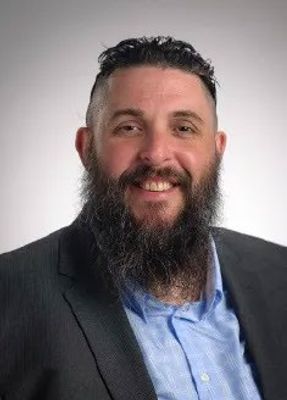
Ryan Scott
Science Lead, NASA Reachable Science Data Repository
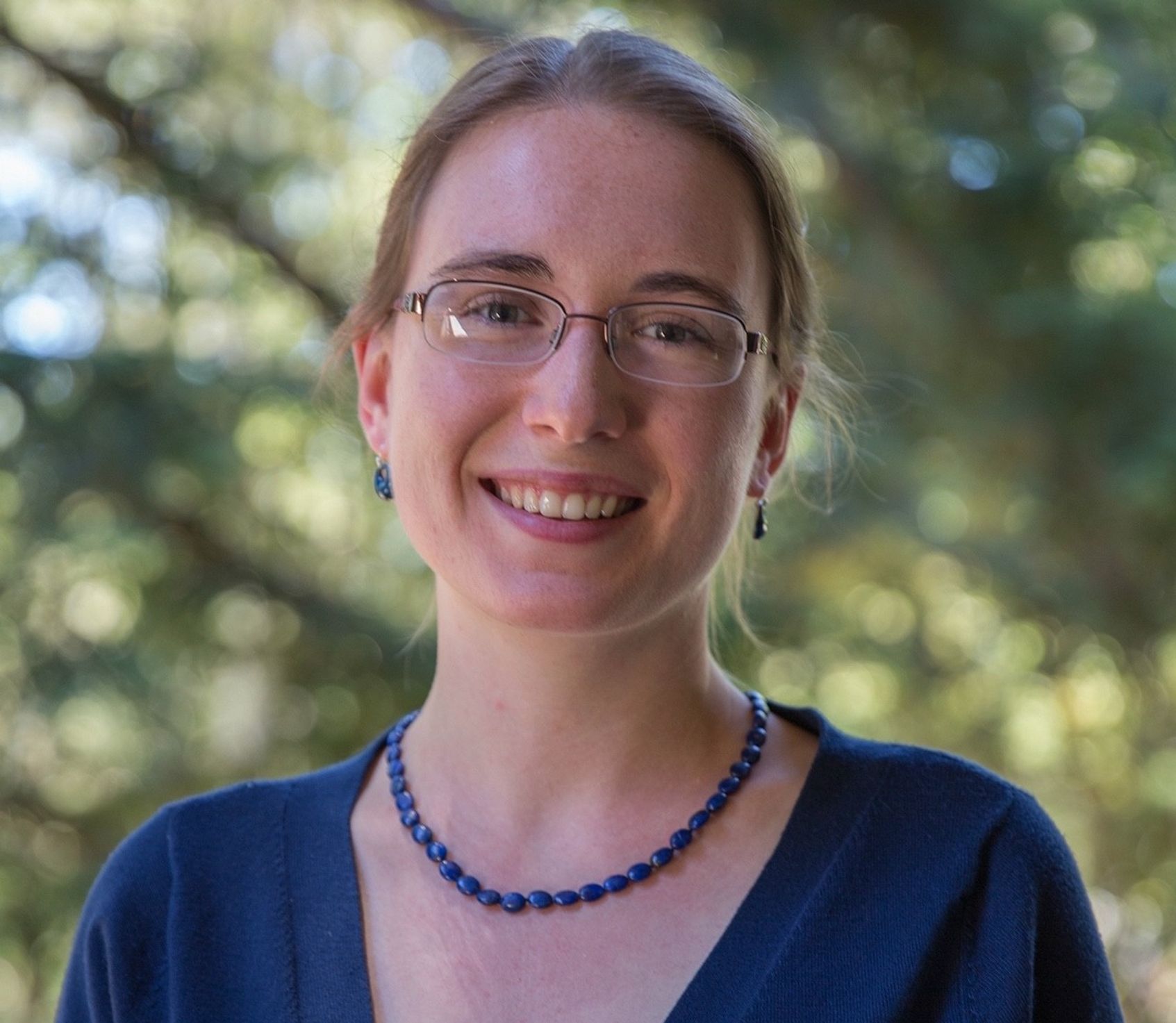
Lauren M Sanders
Chair of AI/ML AWG
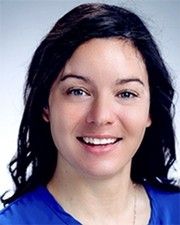
Amber M. Paul
Chair of the Animal AWG
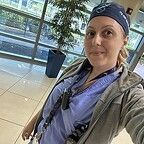
Begum Mathyk
Chair of the Female Reproduction and Health AWG
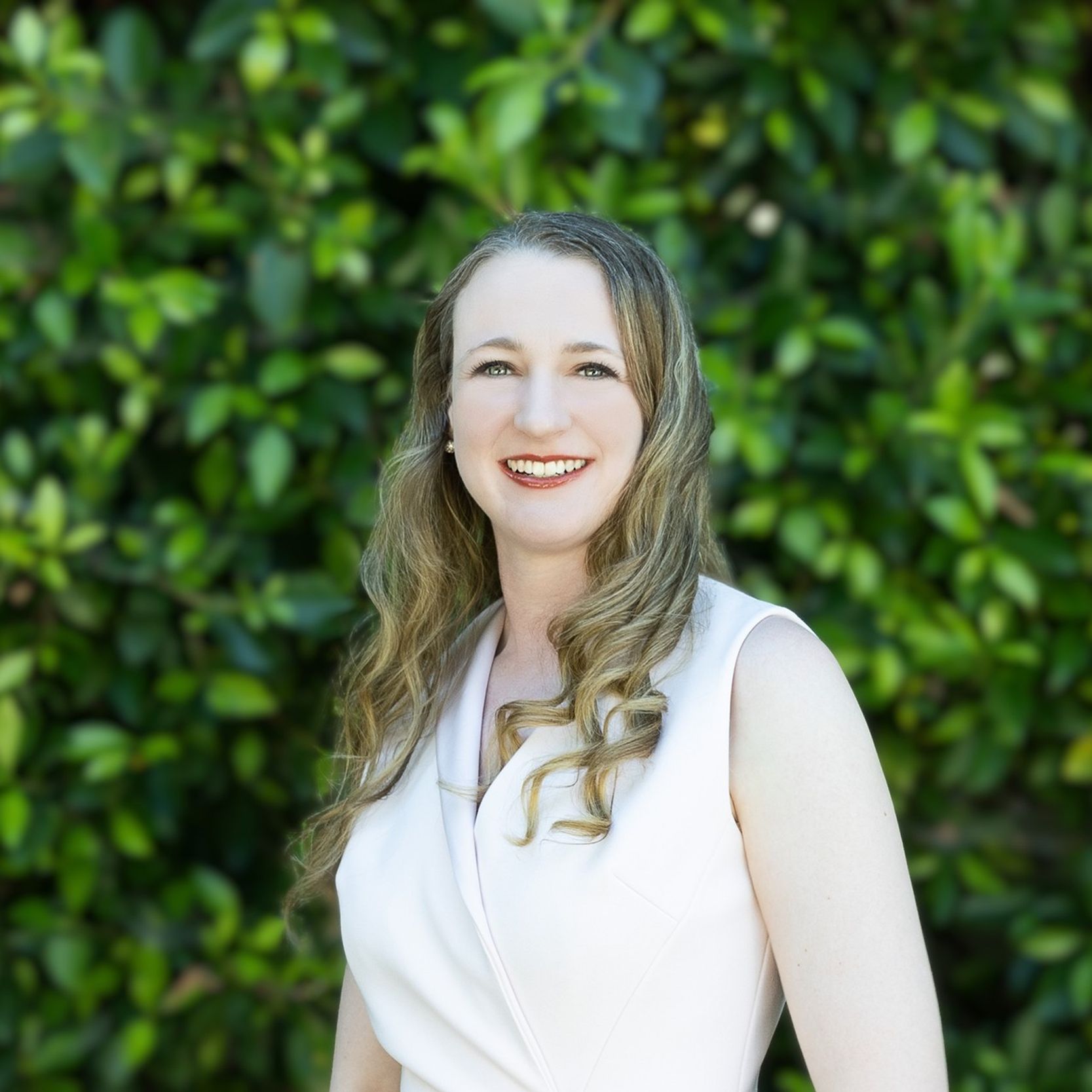
Eliah Overbey
Chair of the Human AWG
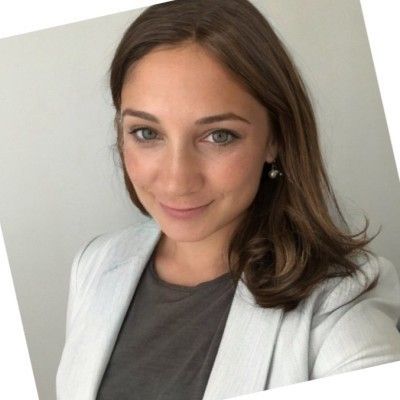
Daniela Bezdan
Chair of the Microbes AWG
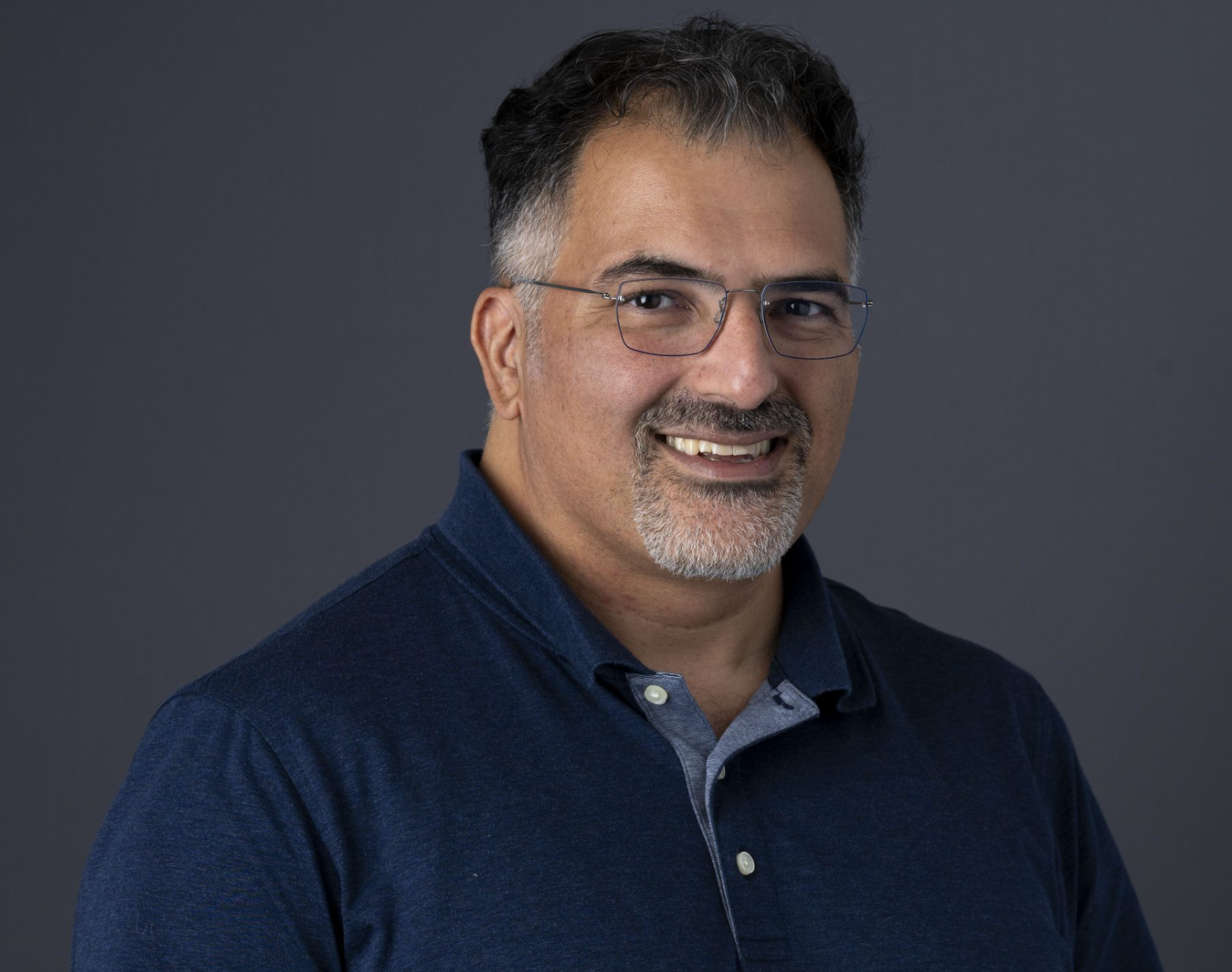
Afshin Beheshti
Chair of the Multi-Omics AWG
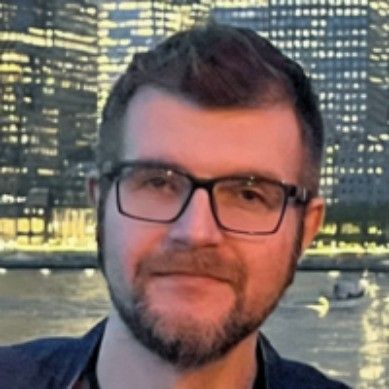
Kirill Grigorev
Chair of the RadLab AWG
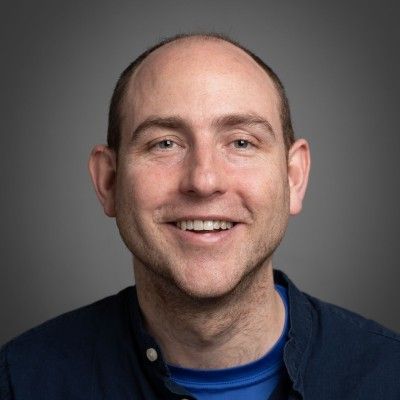
Richard Barker
Chair of the Plant AWG
Origin link
Read More
thesportsocean
Read our previous article: See the best deep-sky photos of March 2025 here